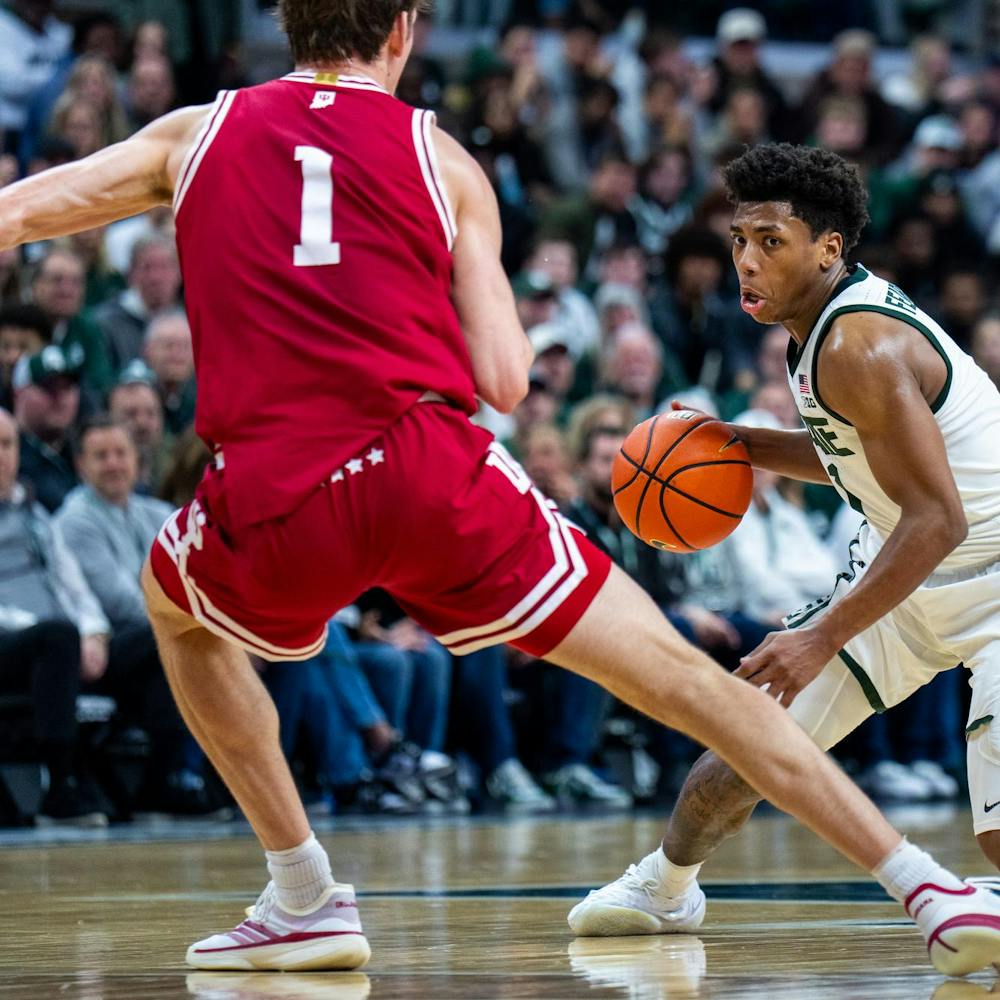To kick-off Asian Pacific American heritage month, the Asian Pacific American Student Organization will host a talent show, "Cultural Vogue," displaying some of the innovative waves of talent on campus and to educate students.
"Cultural Vogue," which includes about 150 performers, is held bi-annually, and about 500 people attended when it was held in the Auditorium's Fairchild Theatre in 2001.
Bindi Patel, co-coordinator for the event, said the idea began 11 years ago in the McDonel Hall Kiva to allow Asian-American students to display themselves in a nonacademic venue.
"Since then, it's continued and gotten bigger to educate the masses at Michigan State," she said.
The theme of this year's show, "The Best of Both Worlds," blends the traditional aspects of Asian cultures with the modern angles of Asian-American cultures.
"If you grow up in Asia, there is a different culture there than in America, and we want to show the difference between Asian and Asian-American cultures," co-coordinator for "Cultural Vogue" Ryan Abenes said. "When we show the dances, we show how the modern society has affected us by doing modern moves with modern music."
The program will include a variety of cultural performances, including some by MSU's first Asian-American fraternity, Lambda Phi Epsilon, and the Asian-American sorority Alpha Kappa Delta Phi.
The Philippine American Student Society will present a traditional dance called tinikling, explaining the fight between Filipino and Filipino-American culture.
"It's a battle against the modernized and the very cultural dance, representing the struggle between how Filipino American people find identity," PASS President Paulette Bolofer said. "As a Filipino American, you are always pulled by your parents to represent Filipino culture, but you live in America, so it can't just be how it was if you are in your country.
"This dance represents who you are."
In addition to enjoying the variety of talents, the show will include a portion titled "Empowerment."
"The empowerment segment, which is the biggest part, educates students about Asians on campus and how we use our history," Patel said. "We want to educate our peers at Michigan State on how we entered our problems and have gotten past them."
Tom Nishi, coordinator for Asian American and Pacific Islander Student Affairs, said the program educates students on the Asian cultures.
"There is no Asian American studies program on this campus, and one of the ways that people can learn is by coming to the program."
And students on campus need to increase knowledge of Asian cultures, Abenes said.
"Our Asian community wants people to see the richness of our culture," he said. "The more people that are aware, the more that can get knowledge about the Asian cultures."






